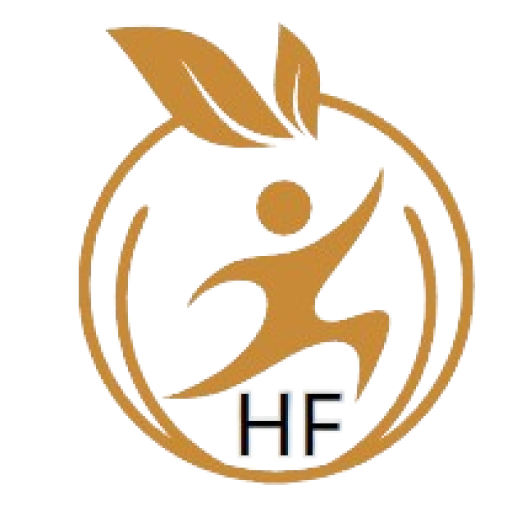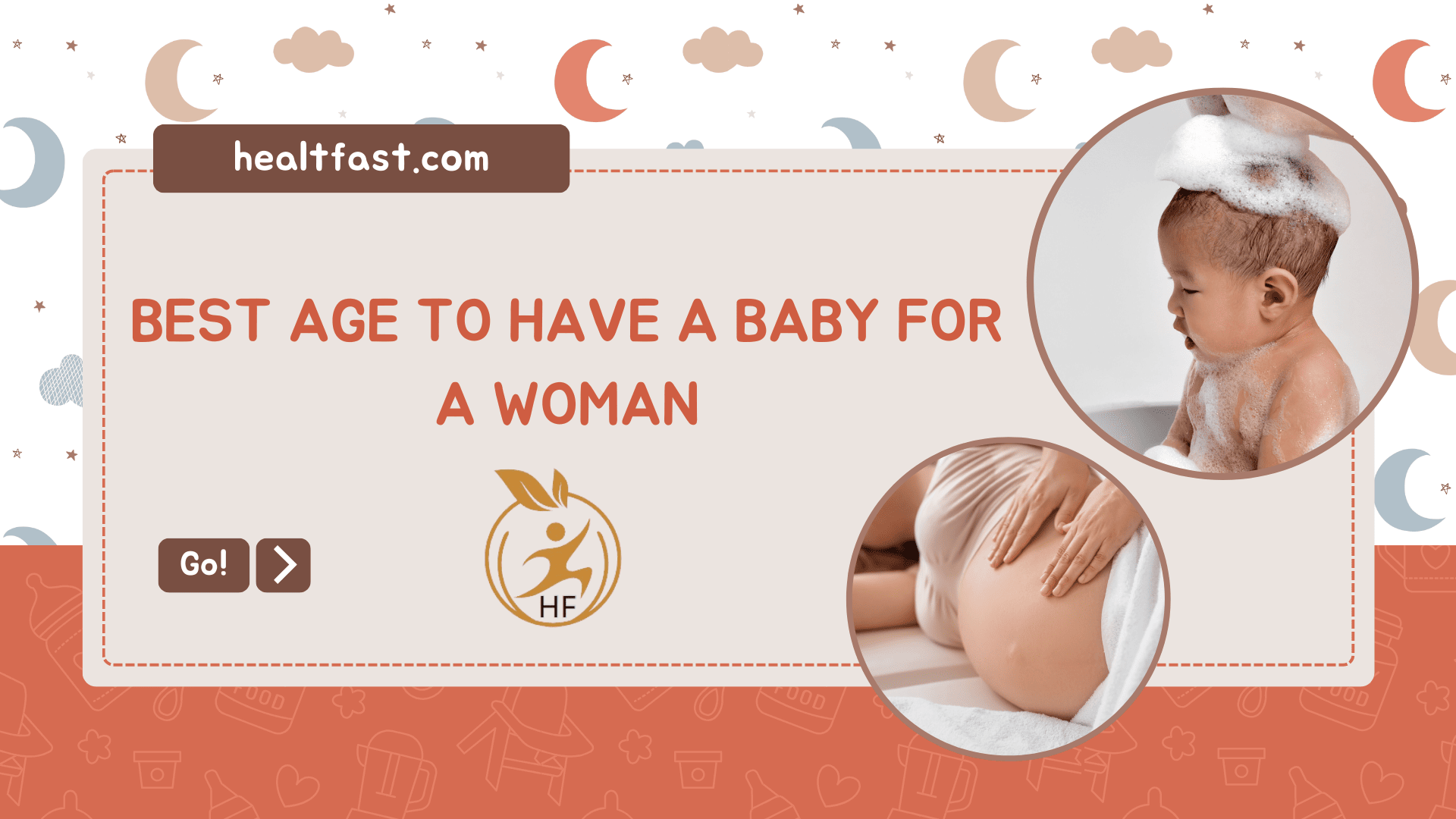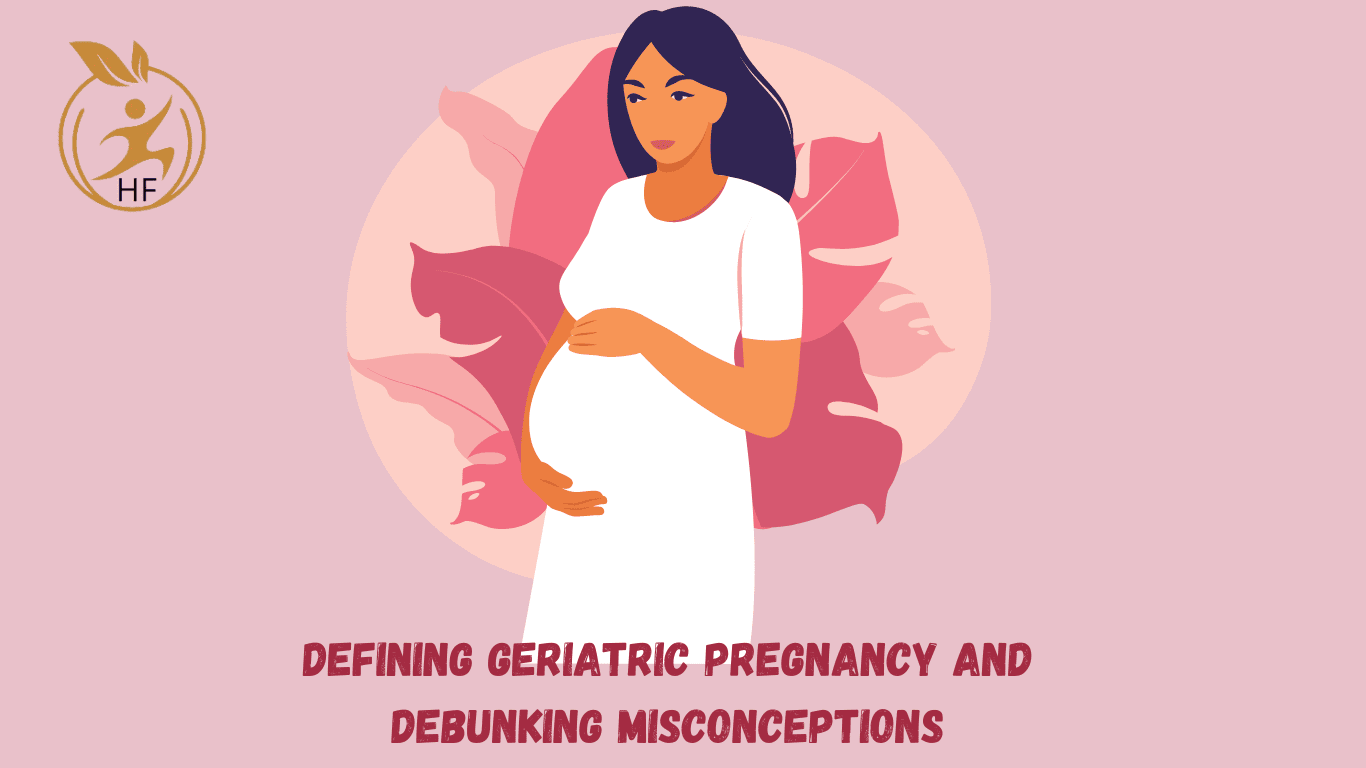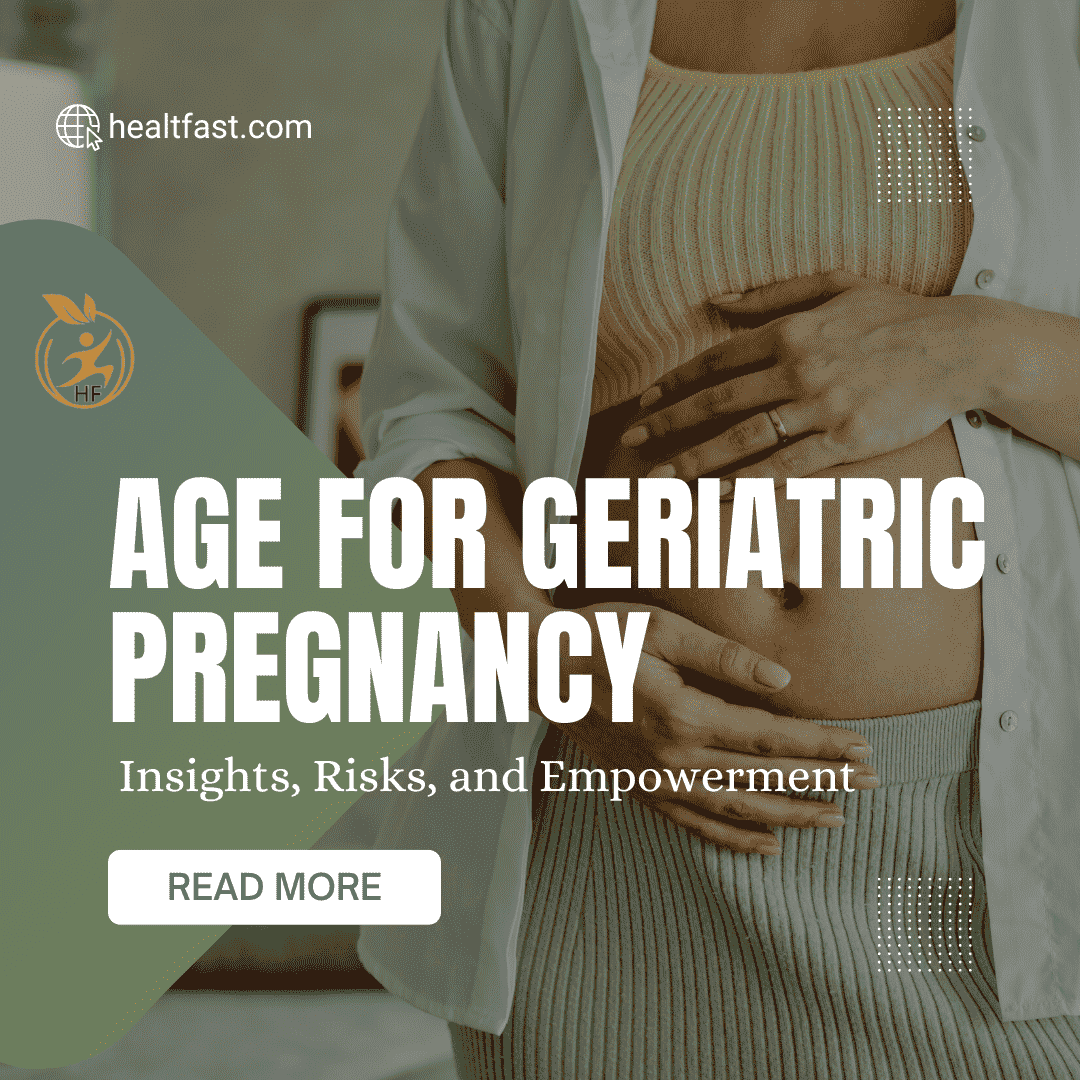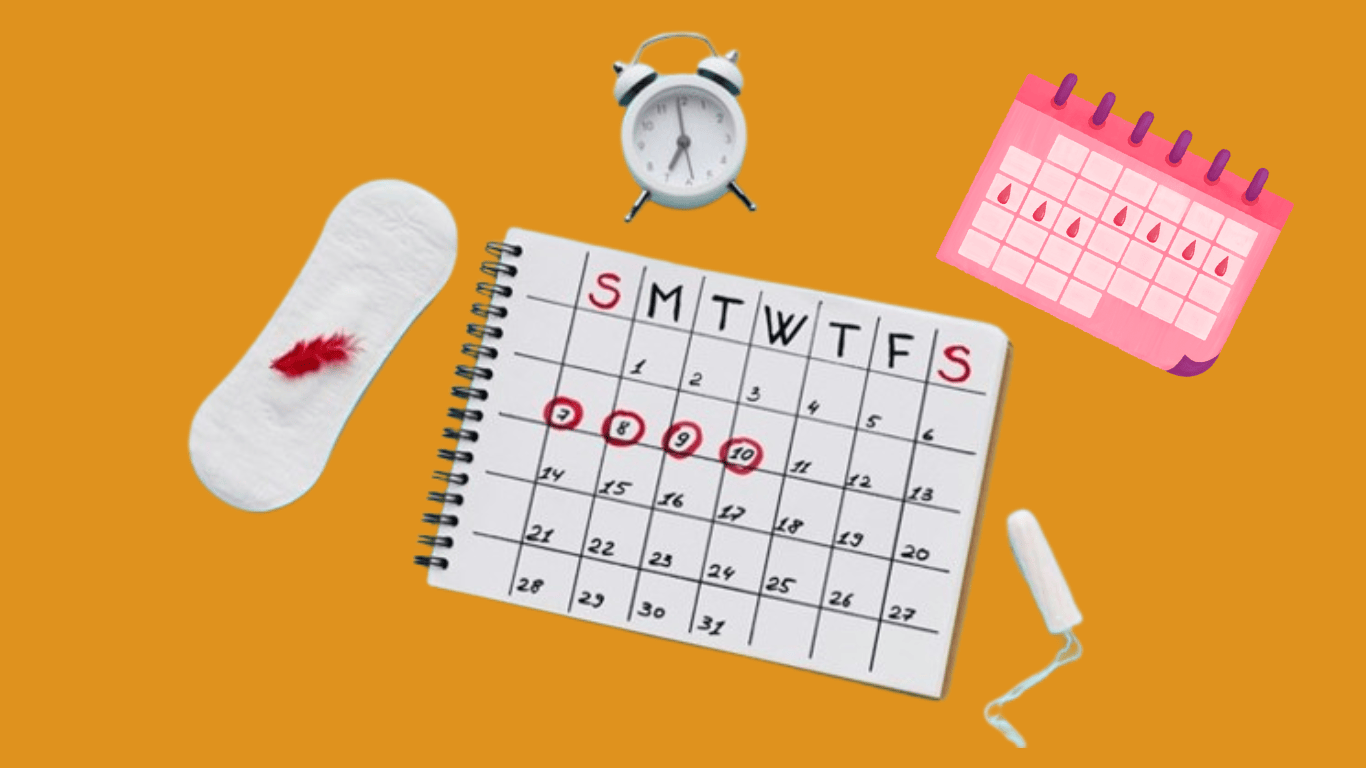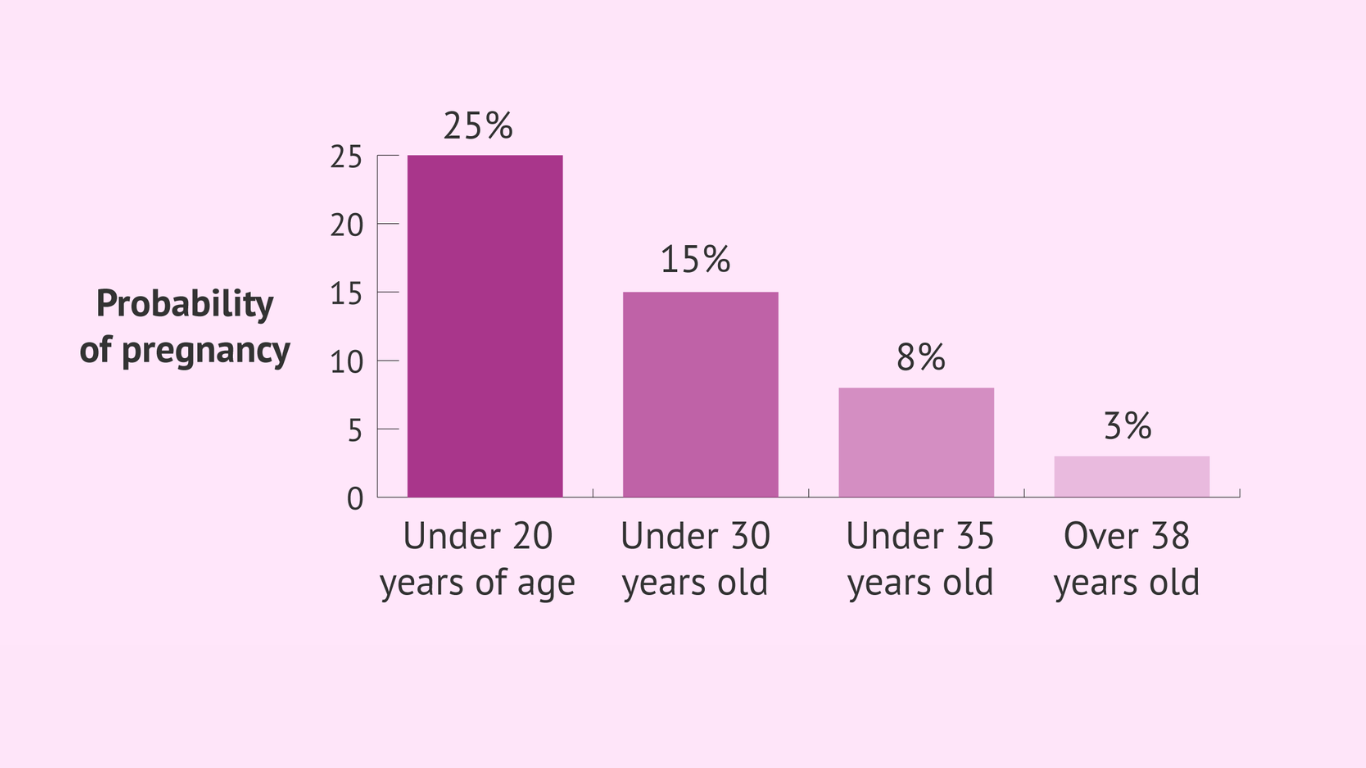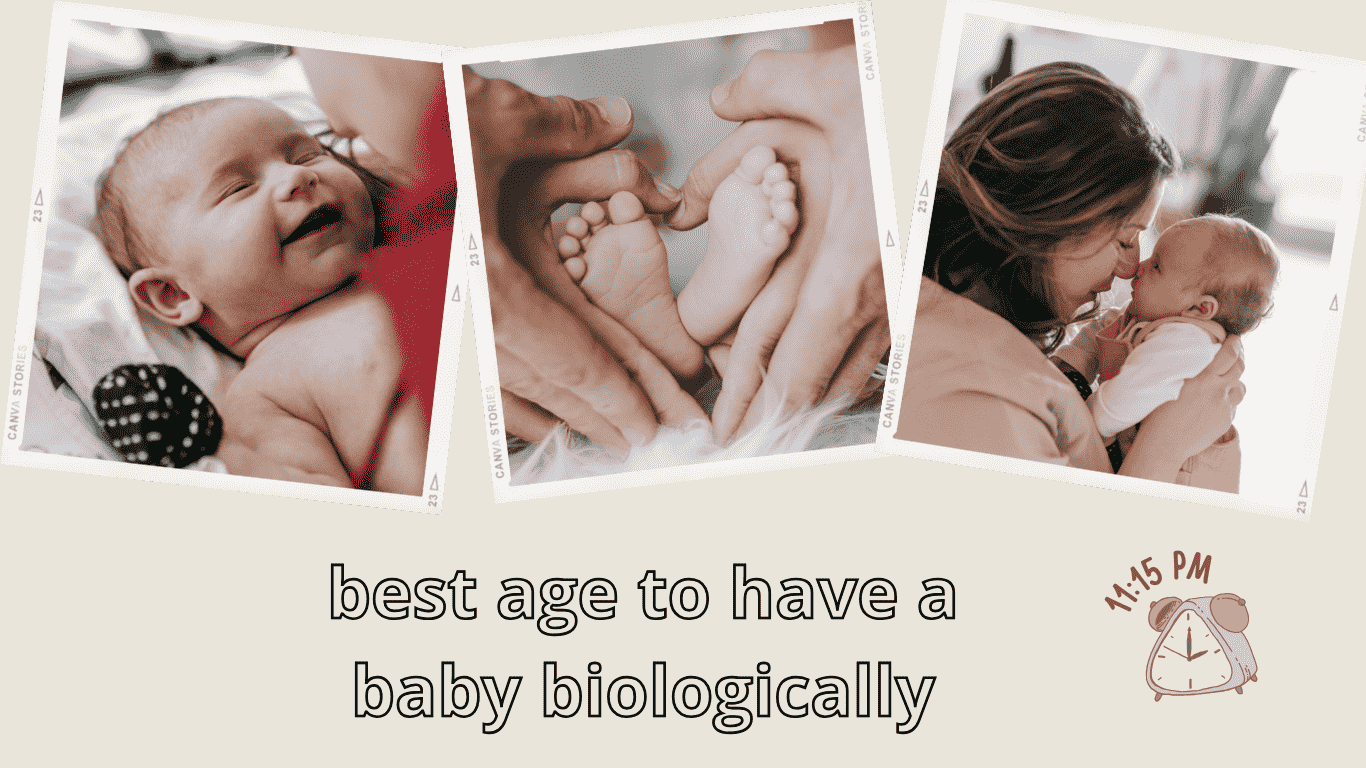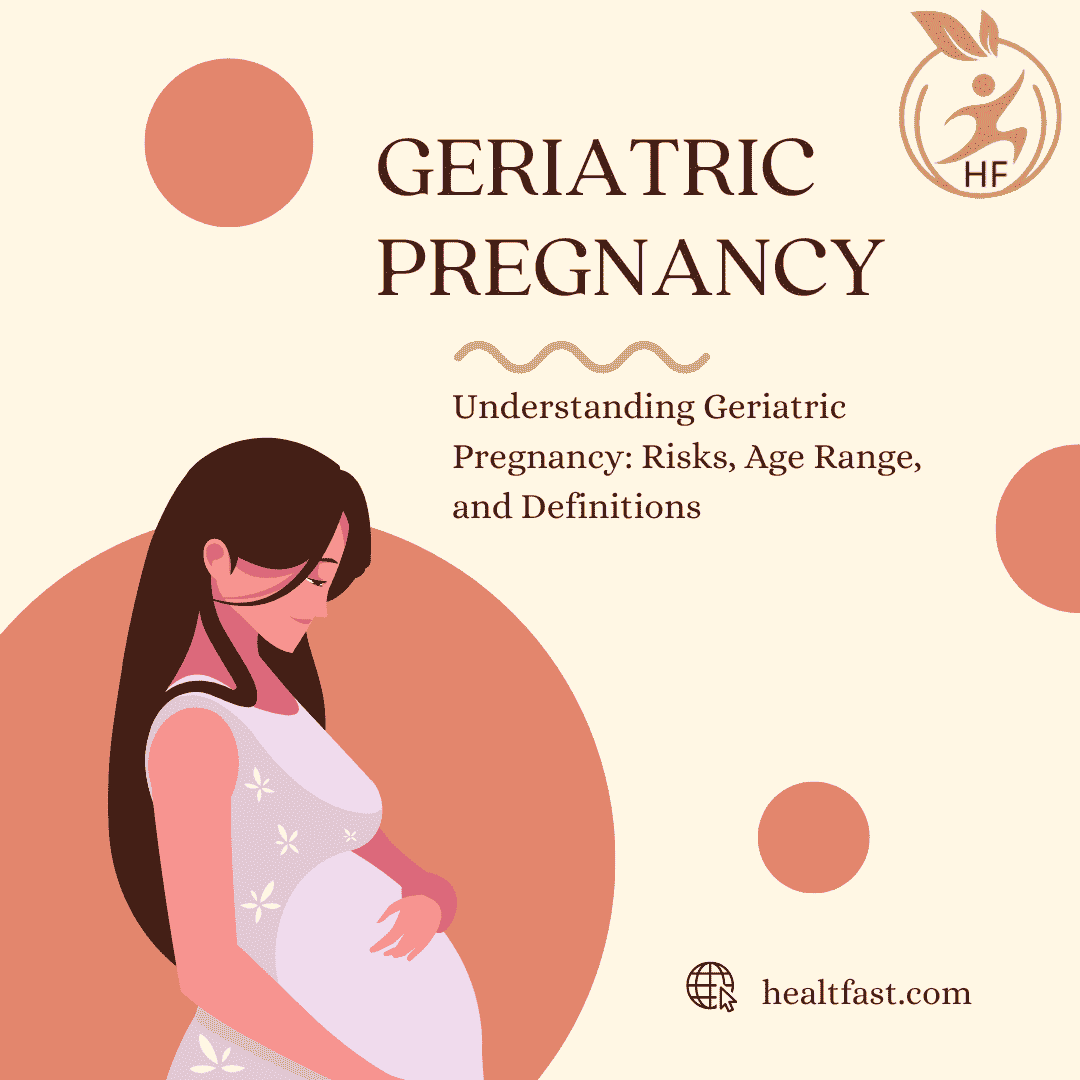Determining the optimal age for childbirth is a complex decision influenced by biological, societal, and personal factors. Understanding the various concepts and terminology associated with this decision is crucial for women contemplating parenthood.
What impact does ageing have on fertility?
A woman has roughly two million eggs when she is born, which is all she will ever have. Over time, your egg production steadily decreases.
You’ll have roughly 25,000 eggs left by the time you’re 37. You’ll be down to 1,000 eggs by the time you’re 51. Even while that seems like a lot of eggs, as you get older, your eggs become less quality.
As you age, you are also more susceptible to acquiring diseases like endometriosis and tubal disease that can impair fertility.
Around age 32, these variables cause your fertility to steadily diminish. Fertility begins to decline more rapidly between the ages of 35 and 37.
- 18% of people over 25
- sixteen percent by the age of thirty
- 12 percent of those over 35
- 7% of those over 40
There are other elements that could lower your chances of becoming pregnant, such as:
smoking radiation and chemotherapy for cancer treatment pelvic infection
Biological Factors:
Fertility Peak:
- A woman’s fertility peaks in her early 20s and starts declining after 30. The ability to conceive naturally diminishes significantly in the late 30s and early 40s.
Reproductive Health:
- Maternal age impacts reproductive health. Younger women generally experience fewer pregnancy complications, while advanced maternal age is associated with increased risks.
Societal Considerations:
Career and Education:
- Pursuing education and establishing a career before starting a family is common. Balancing professional and personal aspirations is a key societal consideration.
Social Support:
- Having a robust social support system is crucial. Factors like stable relationships and financial security play a role in the decision-making process.
Personal Preferences:
Maternal Well-being:
- Personal health and well-being are paramount. Some women may prioritize physical and emotional readiness over age.
Family Planning:
- Individual family planning goals vary. Factors such as desired family size, spacing between children, and lifestyle preferences impact the decision-making process.
Advanced Maternal Age:
Risks and Benefits:
- While advanced maternal age comes with increased health risks, it may also offer emotional and financial stability, allowing for a more secure parenting environment.
Fertility Assistance:
- Women opting for motherhood in their late 30s or 40s may explore fertility treatments. Understanding assisted reproductive technologies is essential.
There is no one-size-fits-all answer to the best age for childbirth. It’s a deeply personal decision influenced by biology, society, and individual preferences. Striking a balance between fertility considerations, societal expectations, and personal readiness is key. Ultimately, the “best” age varies for each woman, emphasizing the importance of informed decision-making, open communication with partners, and consultation with healthcare professionals. The journey to motherhood is unique for every woman, and embracing the diversity of experiences enriches the broader conversation around the best age to have a baby.
